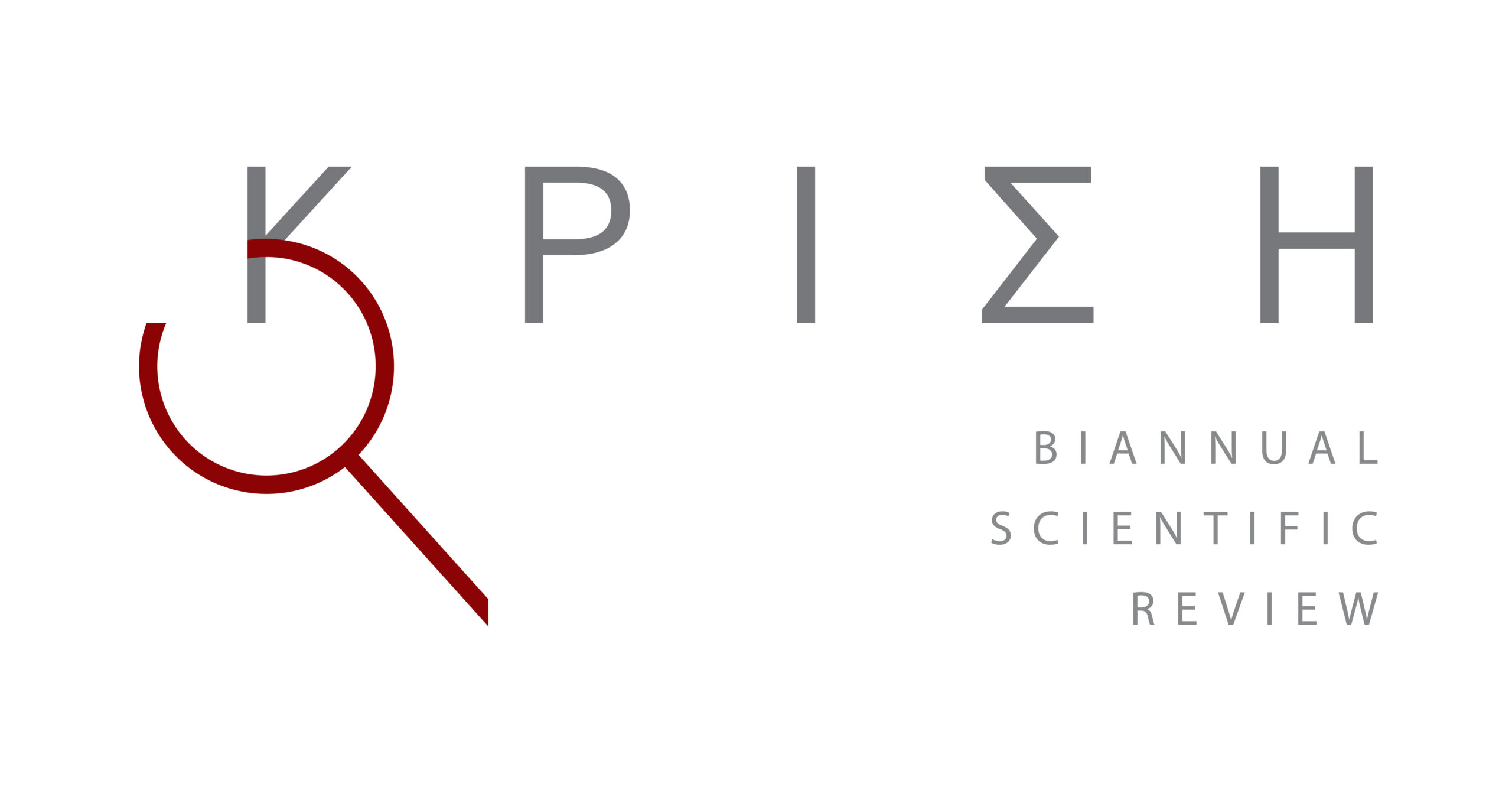Abstract
The present article seeks to highlight the focal points and tactics of the WWII history revision process in Serbia and Croatia. The experience of the former Yugoslavia, although characterized by significant differences with the Greek case, can contribute to a better understanding of the phenomenon of historical revisionism regarding WWII. The article examines both the field of state and institutional interventions and that of the confrontation between historians. The purpose of this article is to briefly present the arguments of historical revisionism in the two countries and highlight the issues the latter attempts to deal with.
